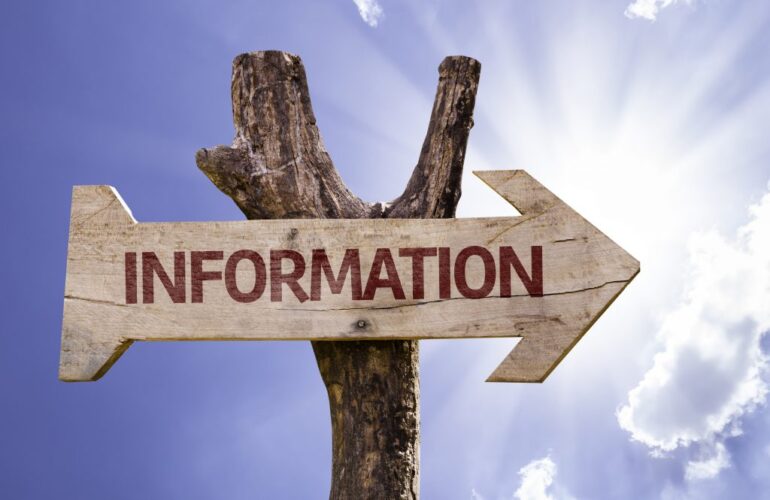We join the global community in celebrating the International Day for Universal Access to Information (IDUAI). This day is a crucial moment to reaffirm that the ability to seek, receive, and impart information is not a privilege, but a fundamental human right a cornerstone of democracy, and accountability.
Information as the engine for an empowered citizenry
Universal Access to Information (UAI) is vital because it ensures citizens are not in the dark. When people have the facts, they can make informed decisions. Whether it’s choosing a leader, understanding public health risks, or knowing how tax money is being spent, it fuels development by allowing communities to demand improvements based on data about public services, and most importantly, it fights corruption by reducing the space for secret dealings and misuse of public funds.
While Kenya’s commitment to UAI is enshrined in Article 35 of the Constitution and formalized by the Access to Information Act of 2016, the journey from law to reality is long. The spirit of the law is often undermined by a deep-seated culture of secrecy within public bodies, bureaucratic hurdles, and the non-digitization of critical public records all of which frustrate the ordinary Kenyan’s right to know.
This principle extends critically to Kenya’s growing community of content creators and digital journalists. These individuals, who form the backbone of online discourse, are entirely dependent on Universal Access to Information and open digital spaces. Their ability to investigate, report, and produce timely, relevant content relies on unrestricted access to government data, official statistics, and raw information. When this access is curtailed, the quality and diversity of Kenya’s digital media and the public’s ability to stay informed suffers directly.
This year, Katiba Institute celebrated International Day for Access to Information under the theme: “Ensuring Access to Environmental Information in the Digital Age.” a critically important step in Kenya where environmental integrity is constantly under threat.
Access to environmental information data on pollution, climate change risks, and the impact of major projects like infrastructure or mining is not merely about protecting nature, it is about protecting human life and livelihoods. The Katiba Institute leverages the Access to Information Act to demand disclosure of documents like Environmental Impact Assessments (EIAs). When these documents are hidden, communities cannot effectively challenge harmful projects or demand adequate compensation.
This joint focus underscores that digital transparency is essential for climate justice and for enabling communities to resist ecological destruction and hold powerful actors accountable for environmental neglect.
BAKE’s role in defending the right to information
We have been earnestly engaged in the fight for access to information. We work to ensure that modern laws and technologies are used to empower citizens, not restrict them. BAKE is deeply engaged in challenging laws that threaten the free flow of information and target those who share it, particularly through our advocacy against the Computer Misuse and Cybercrimes Act (CMCA).
We have pursued public interest litigation to challenge vague sections of this law that have been used to harass and arrest bloggers and activists for sharing critical or dissenting views. By fighting these unjust arrests, we protect the public’s right to receive unfiltered information. Furthermore, we actively advocate against government actions that increase digital surveillance and monitoring. When citizens fear they are being watched, they become less likely to seek or share sensitive information, leading to what is called a “chilling effect” on free speech and access to information.
The right to information is pointless if the means to access it are cut off. BAKE is at the forefront of advocacy against the use of internet shutdowns and throttling, especially during national protests or critical events. In coalition with other civil society groups, we have argued in court that internet access is a fundamental right that must be protected, as it is the primary way Kenyans access and share real-time information. Lastly, through initiatives like iFreedoms Kenya, BAKE provides training and conducts research to help citizens and grassroots organizations understand their digital rights and use technology safely and responsibly, read our recent report on the State of the Internet in Kenya 2020-2024 here. This work empowers ordinary people to demand transparency and accountability from their leaders.
On this International Day for Universal Access to Information, BAKE reaffirms its commitment to ensuring every Kenyan has the tools and the freedom to access the information they need to shape their lives and their country. The true test of Kenya’s commitment to democracy lies not just in its written laws, but in how freely and safely its citizens can exercise their right to know.
